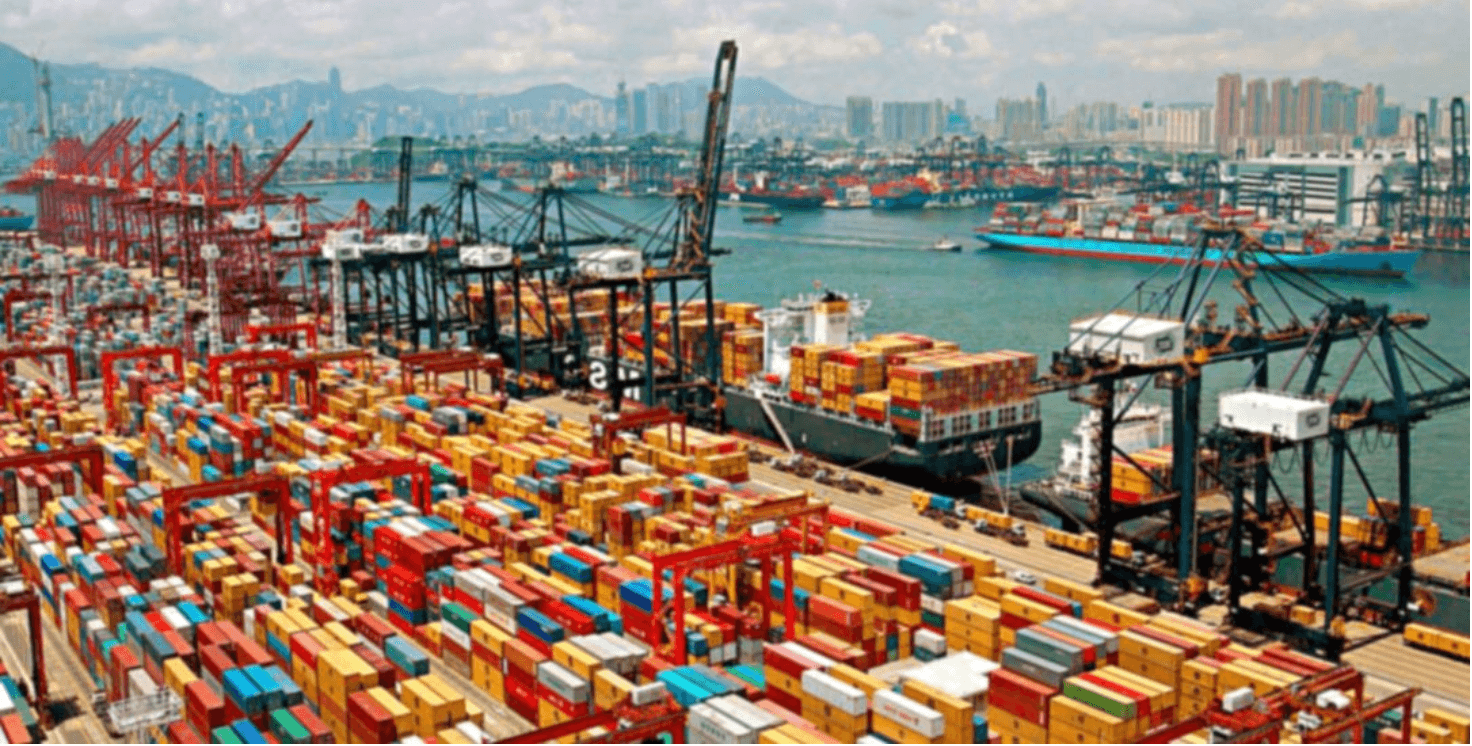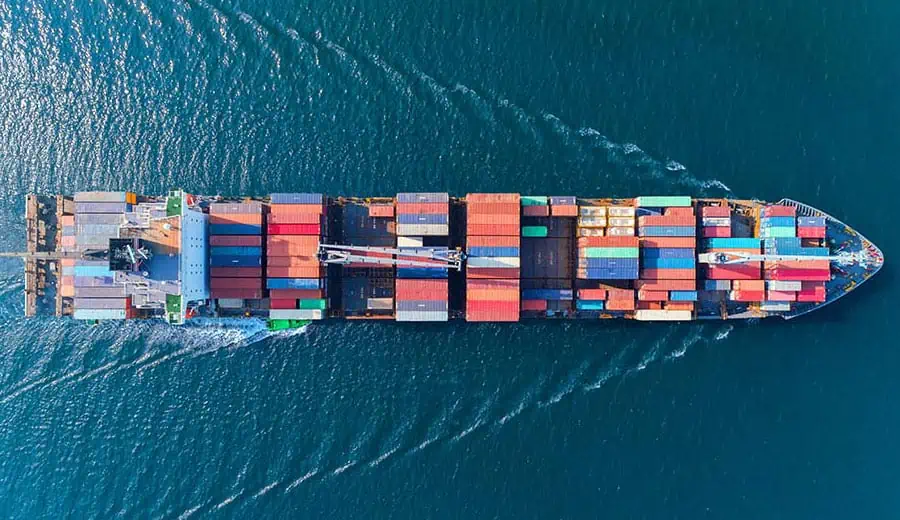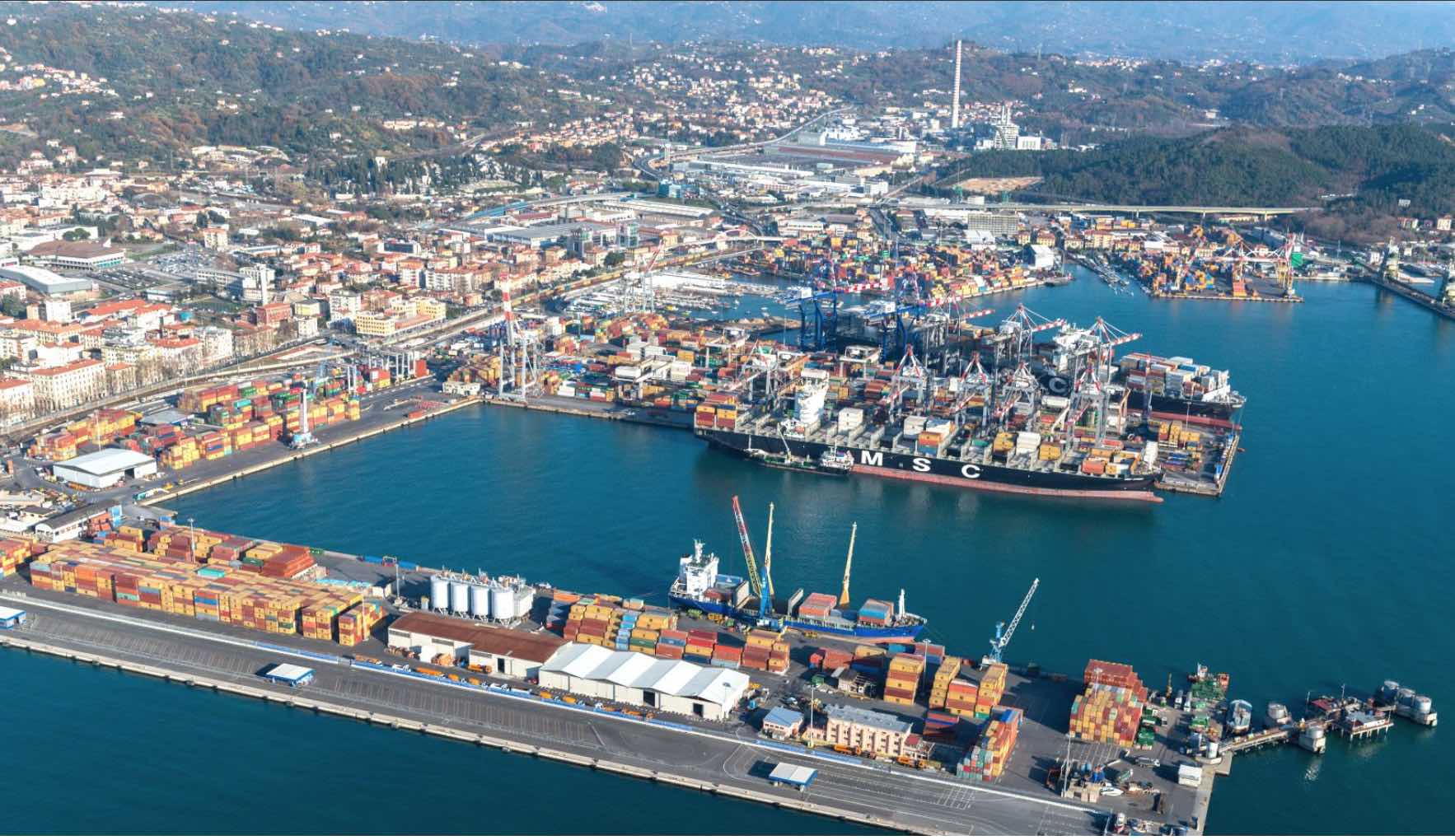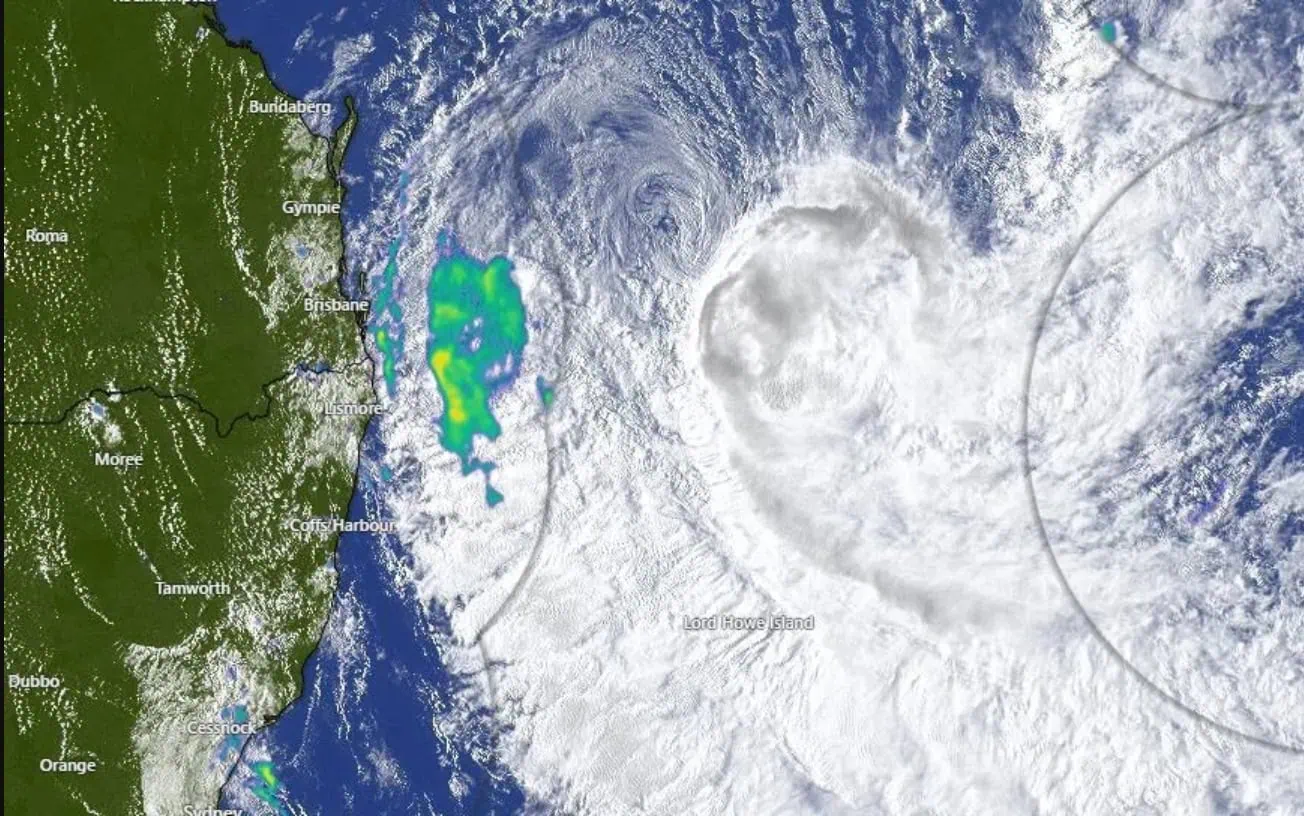With Peak Season approaching, shipping internationally from Europe to Australia will cause extensive delays this time of year. To protect your supply chain flow and maintain consumer demands, it is vital you have a shipping strategy for your ocean freight this shipping season. As a shipper, it is essential for you to understand the reason behind the European Summer delays, how to prepare for holiday season, and how to avoid delays, disappointment, and meet consumer demand.
What is Shipping Peak Season?
Peak Season is when the demand for orders and shipping volume sees a significant surge and supply lowers, causing greater container shipping rates and tighter capacity. During peak season, it becomes difficult to secure cargo space on vessels which often has a flow on effect to your supply chain. However, this is an annual occurrence, so companies and carriers can prepare for these conditions in advance. Shippers are often left forking out large amounts of money without booking a space in advance to receive their goods on time.
When is Shipping Peak Season:
The European peak season generally starts in July and goes through to October. This period is known as the busiest time of the year in the freight supply chain industry, as it affects all those who play a role within the industry, including retailers, distributors, freight forwarders, shippers, port, warehouse, and trucking companies. Regardless of the trends, consolidation and advance planning will help navigate the holiday season.

Impacts of the European Summer Holidays on the Freight Industry:
- Freight Rate Increase: Although it is just the start of the high purchasing season, freight rates are significantly increasing. Some vessel companies are introducing early peak surcharges. This rise in freight rates is expected to continue well into the rest of the year.
- Overbooked Vessels and Extended Delays: Due to peak shipping season, most importers start placing vessel bookings in advance to avoid longer transit time. However, this leads to vessels becoming overcapacity, resulting in some containers missing their scheduled vessels and causing additional delays to the timelines of the shippers. It is important to be aware of the possibilities when shipping your inventory during peak shipping season.
- Container Shortages: Container shortages are rampant due to the absence of workers at ports and clearing houses across the globe. Vessels and containers are waiting to get unloaded, causing a significant delay in turning the containers around. Currently, it takes containers up to 4 weeks to return to the port after clearance. Whilst at the beginning of 2020, this only took between 7 to 10 days.
- Less Staff: With the onset of the European summer, when employees go on their scheduled holidays, these delays within the industry are most likely to intensify.
Why is it important to plan for the Shipping Peak Season?
Due to the peak season, July to September has always been a difficult shipping period. However, due to covid-19, the peak season this year will be even more complicated due to the effects on the freight supply chain. Here are the following reasons why it is essential to plan for the Shipping Peak Season:
Limited / No Space on Ships– During busy season, there is little- to no space on the vessels, as they are already pre-booked, and it is difficult to find space to ship all the containers. So, the chances of your goods making the next vessel is limited.
Freight Rates Increasing – Freight prices are directly impacted by seasonality.
Change of Vessels – The Shipping lines keep changing Vessel names and schedules. This means they are unsure when and which vessel will call to the specific port. This causes a delay in arrival time.
“Cut and Run” – In the past, shipping lines have done a ‘Cut and Run’, as vessels are arriving already fully booked from the North Europe port. This means vessels skip the Italian port and go directly (Via Suez) to Australia.
Delays with Trucking Companies – There are scheduling problems with the trucking companies, as there are difficulties finding empty containers. Additionally, there are no drivers and not enough trucks to cover all the pick-ups. This then results in missed pick-ups and eventually in short shipments.
On-going delays with Transhipments- Currently, the Transhipment Service is far worse, as the goods are shipped to an intermediate location before it reaches the final destination. Delays often occur at transhipment ports like Singapore and Malaysia during the peak shipping season.
How will my Cargo be affected during Peak Season?
Higher Freight Rates and Port Charges:
As demand for the services rises, so will port charges and freight rates. As a result, General Rate Increase (GRI) may also occur. GRI is the adjustment of container shipping rates across all shipping routes.
Higher Volumes of Delays and Traffic:
During the peak season, your cargo will be amongst an extremely high traffic volume. Therefore, securing your shipping space on the vessel as early as possible is essential. Otherwise, you will find yourself in a logistics nightmare, fighting for space on a vessel along with many others.
Since Covid, Direct Service Vessels now depart every 2 weeks, and during peak season, vessels are already pre-booked in advance to beat the busy season delays. Therefore, finding space on ships at the last minute will be extremely difficult.
Additionally, you may be faced with delays with deliveries and supplies and difficulties with extra storage fees.
Higher risk of Theft:
During busy season, cargo is at higher risk of theft than other times of the year. Organised theft groups target shipments that are unattended for extended periods. Therefore, it is crucial to have Marine Insurance in case of any theft or damage.
Imposed GST on Low-Value Imported Goods
On the 1st of July 2018, the Australian Tax Office imposed GST on sales of low-value imported goods made to consumers in Australia, which applies to companies meeting the registration threshold of AUD 75,000.
During peak season, be aware that goods imported over $1,000 in consignment will be subject to GST, customs duty and clearance charges and will be levied on the importer at the border.

3 Tips to Prepare for the Peak Shipping Season During the European Summer:
Plan in advance to secure vessel space and ensure you ship early
Prioritise what you want to ship as you cannot guarantee space
Get your freight properly insured
Recommendations:
Prioritise your Cargo:
If you have specific goods that must arrive on time, you should prioritise these and ship them first, for instance, products that are in higher demand.
Due to peak season, shipment can become delayed. When vessels reach capacity, containers can get “rolled”, which is when your cargo gets moved to the next vessel because of overdemand. This is out of the freight forwarder’s control and can occur at random, especially during peak seasons. To try and avoid this, tell your freight forwarder which cargo is of higher priority. That way, they can request the most important containers not to be “rolled”.
Book ahead of time:
As mentioned above, vessel capacity is tight during the peak shipping season, so booking ahead of time is a safe way to secure your space. It would be best if you organised your bookings months in advance with your freight forwarder to minimise the chance of delays during peak season.
Secure your Goods with Marine Insurance:
When shipping goods, there is always the risk of theft, accidental loss, and damage. Therefore, organising Marine Insurance to protect your goods is always recommended, particularly during the peak shipping season.
Marine Insurance covers the damage, loss, or theft of goods during transit, including any storage points between the origin and destination. During the shipping process, cargo is handled multiple times. Therefore, insuring your goods will protect you from potential damages, costs, and even complete losses.
Still need information? You’ve come to the right place. Book a Free Consultation with our Gava Australia Team.
Should you have any questions, please don’t hesitate to contact us. For additional updates and information on the Latest News in the industry, please visit our new Gava Website https://www.gava.com.au/blog/












